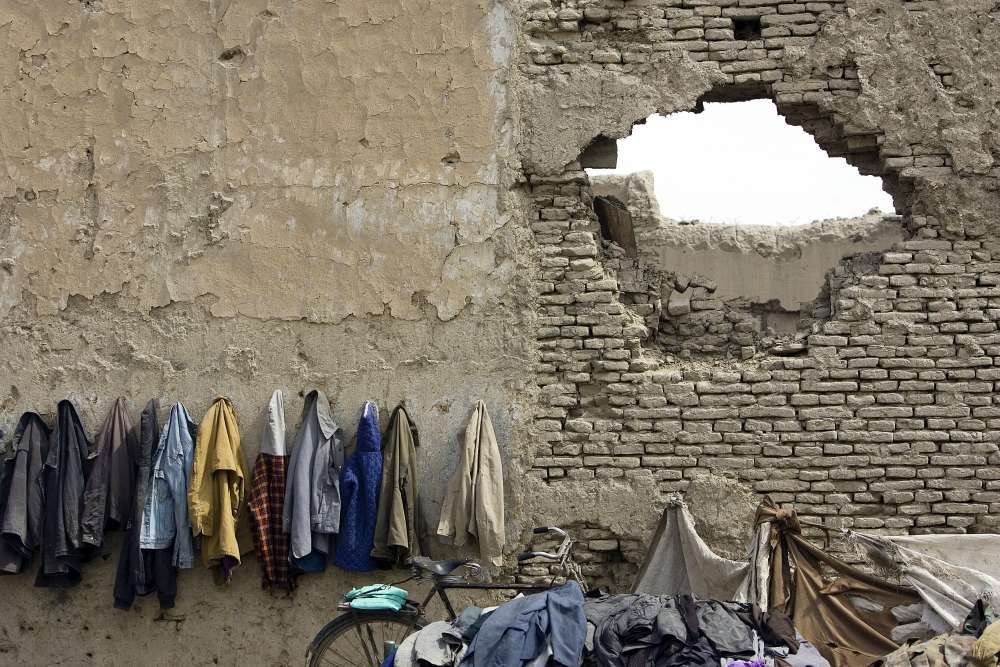Prisons in Yemen

A new report published by the United States Institute of Peace sheds some light on the inner failings of one of the most critical security institutions in Yemen: Yemeni prisons. Although Yemen is often in the headlines because of security crises or threats emanating from its territory, less is known about the internal mechanisms that might be contributing to or preventing those threats. With its local partner Yemen Polling Center, USIP visited 37 detention facilities in six governorates to assess organizational function, infrastructure, prisoner well-being and security.
The report found serious security gaps, and deep concerns regarding due process and humanitarian conditions, across the detention system. It noted that issues such as unsanitary conditions, lack of segregation and classification by type of offense and lack of recreation, education or labor opportunities not only violate basic standards on detainee treatment, but may exacerbate already serious security threats emanating from Yemeni prisons. “Criminalization and radicalization in prison are not new concerns but take on a disquieting dimension in the Yemeni context where al-Qaeda in the Arabian Peninsula (AQAP) recruitment and orchestrated prison escapes have become a major dimension of prison security and present a threat to both local and international security.” The report noted at least 20 major prison escapes from Yemeni prison facilities since 2003.
Because many of the health and security issues are inter-related, reform must be holistic in its approach. For example, the report drew attention to the fact that decreasing overcrowding, one of the most significant issues highlighted, “not only improves quality of life for prisoners but vastly improves security strain placed on guards and prison infrastructure.”
The report noted that while there are serious and widespread issues, many might be addressed with relatively simple and quick fixes, such as basic guard training, establishing key control, establishing prison order and baseline perimeter protections. Although Yemen faces many challenges in its post-Arab Spring transition, prison systems should not be overlooked: “Specific attention to detention systems is critical during transitional periods, not only to improve rights and governance but also to improve security and rule of law.”
…
To read the full article, please visit United States Institute of Peace online.







